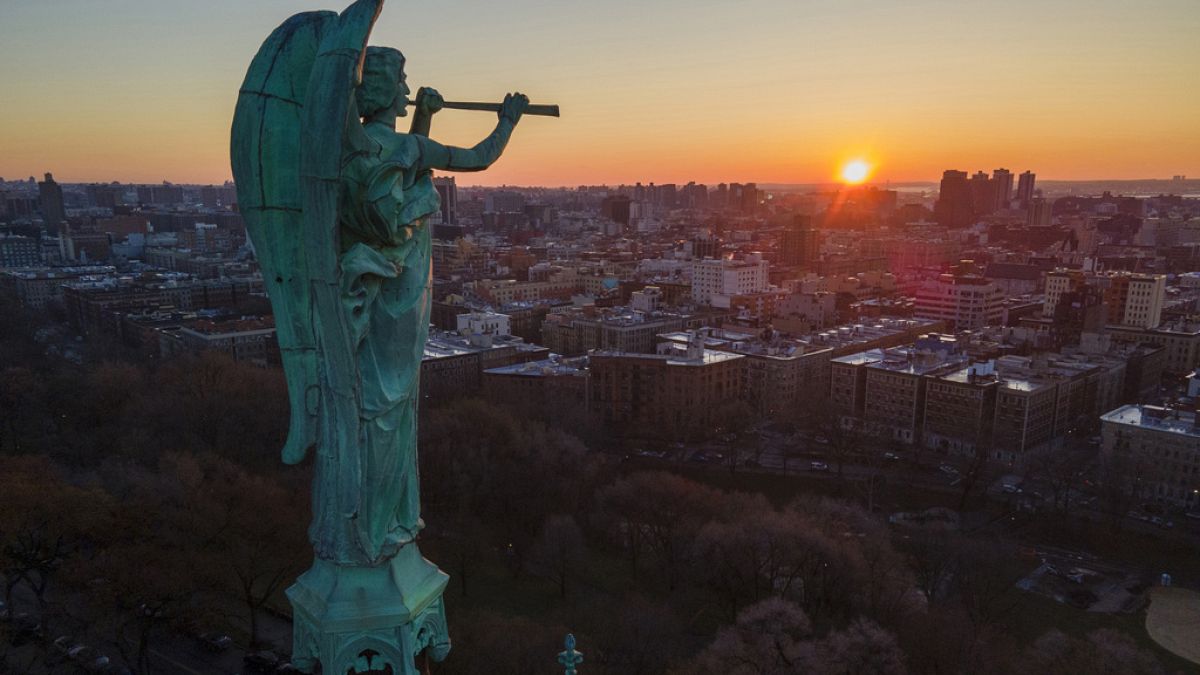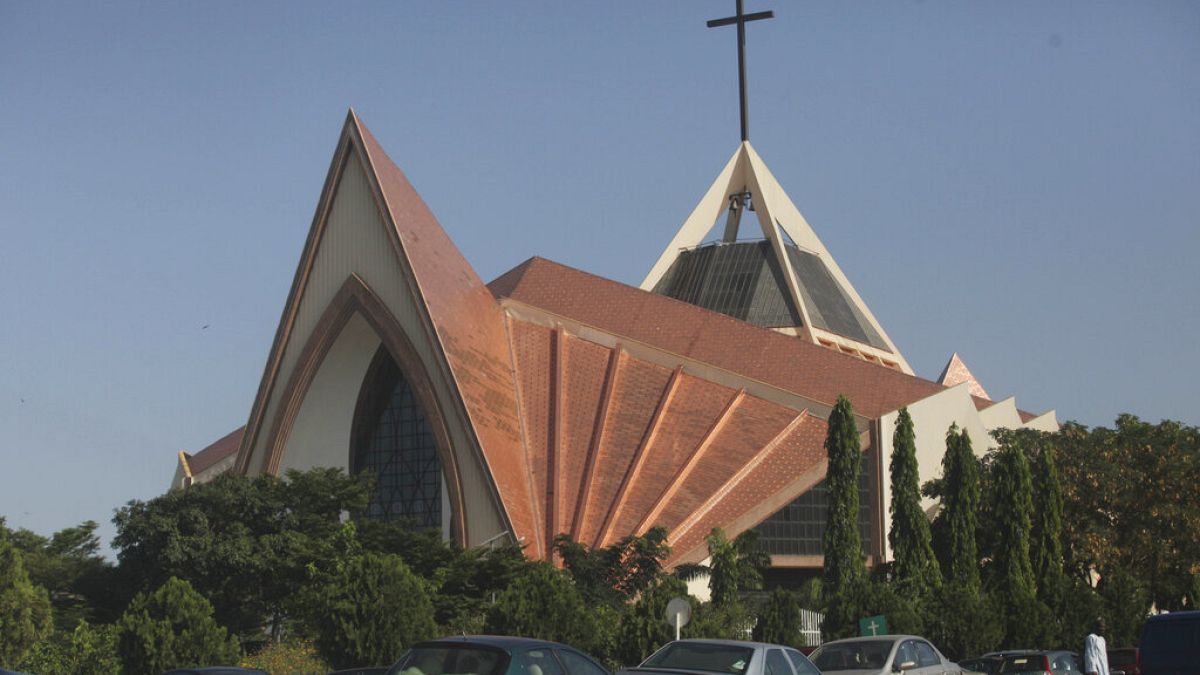Netanyahu admits Israel behind pager attack in Lebanon

In September, thousands of walkie-talkies and pagers exploded across Lebanon and parts of Syria, killing 39 people and injuring thousands.
Israel Prime Minister Benjamin Netanyahu has acknowledged for the first time he green-lighted an operation in September where thousands of pagers and walkie-talkies exploded in Lebanon and Syria.
“The pager operation and the elimination of (Hezbollah leader Hassan) Nasrallah were carried out despite the opposition of senior officials in the defence establishment and those responsible for them in the political echelon,” Netanyahu said in a cabinet meeting, according to local media reports.
On 17 September, thousands of explosions struck the pagers of Hezbollah members, and their walkie-talkies the next day.
The blasts killed 37 people and injured almost 3,000 according to Lebanese health authorities.
Lebanon has filed a complaint against Israel at the UN’s Labour Organisation as a result of the attacks, alleging that workers were among those killed.
Israel had not yet confirmed its role in the operation, but the country’s then-defence minister Yoav Gallant said after the explosions that the IDF, “brings excellent achievements, together with the Shin Bet, together with Mossad, all the bodies and all the frameworks and the results are very impressive results.”
Israel pushes further into Lebanon
Meanwhile, Israeli strikes killed dozens of people in Lebanon and Gaza on Sunday, as Israeli Prime Minister Netanyahu announced he had spoken to president-elect Donald Trump.
The airstrike killed at least 23 people, including seven children, in the Aalmat village north of Beirut.
Israeli military announced a plan to hit a Hezbollah site used to store weapons, and that the strike was under review.
Legislator Raed Berro hit back with claims that no Hezbollah assets or staff were in the building targeted, and that the strike unfairly targeted civilians.
On Monday morning, a strike killed three people in the central Gaza Strip in the urban Nuseirat refugee camp.
At least 24 people were taken to hospital from the camp, said the head of the hospital’s ambulance service, Mohamed Muhareb.
In northern Gaza, which has become increasingly isolated as a result of Israel targeting it, 17 people were killed in the urban refugee camp of Jabaliya according to Dr. Fadel Naim, director of Al-Ahly Hospital in Gaza City.
Israel’s military responded it had targeted a site where militants were operating, and that the incident was under reviewe.
Netanyahu and Trump speak
Israel has continued to strike deeper inside Lebanon since September, when it killed Hezbollah leader Hassan Nasrallah and several of the group’s top commanders.
After Nasrallah was killed, the US under President Joe Biden renewed calls for a ceasefire in the region, where Israel is fighting adjacent wars with Hezbollah in Lebanon and Hamas in Gaza.
Ceasefire efforts have since broken down with Qatar — a key mediator in the conflict — saying on Sunday it had suspended its effort and would resume discussions when the parties show their “willingness and seriousness to end the brutal war.”
Trump’s election to the White House could signal a shift in how the US approaches the conflict, however the president-elect has yet to go into specifics on how he would halt the war.
On Sunday, Netanyahu said he and Trump had spoken three times since the election result and that they see “eye to eye” specifically on the threat from Iran, a key backer of Hezbollah in Lebanon.
In his first term Trump withdrew the US from the 2015 nuclear accord between Iran and Washington, and was a staunch supporter of Israel.
He has however, promoted the idea of American isolationism on the global stage, declaring on the campaign trail that he would “end all wars” which he sees as a drain on US resources that could be better spent domestically.
Additional sources • AP
World News || Latest News || U.S. News
Source link



